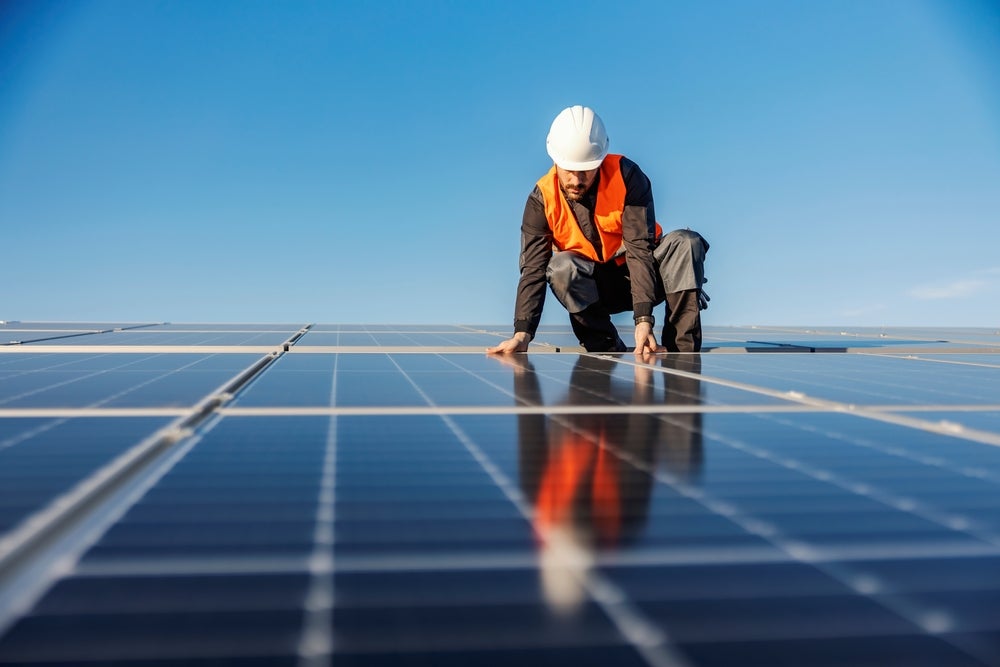
South Africa’s electricity system is in crisis. The African continent’s third-largest economy has faced rolling blackouts – known as ‘loadshedding‘ – since 2007 due to problems with the ageing coal power plants that provide most of the country’s electricity.
Some 15 of South Africa’s 17 coal power stations were commissioned between 1961 and 1996. The country’s older plants suffer regular breakdowns and unplanned outages that reduce the amount of electricity available to the grid. Coal supplies have also regularly been disrupted as a result of operational issues and labour strikes.
Loadshedding has been devastating for South Africa’s economy, weakening the rand and contributing to inflation. South Africa’s central bank estimates that it has cut 2% from the country’s economic growth rate this year. In April, some 80% of public healthcare facilities said they were now affected by power cuts.
National utility Eskom is heavily indebted, and has survived on state bailouts for years to be able to cover operating costs and service its loans. The lack of capital available has also stymied South Africa’s energy transition, and the country was the first to be selected for a Just Energy Transition Partnership. This will see advanced economies provide $8.5bn (R161.21bn) to support the decarbonisation of South Africa’s failing power sector.
Keep up with Energy Monitor: Subscribe to our weekly newsletterIn the meantime, companies and private citizens are taking electricity matters into their own hands, as evidenced by an unprecedented boom in rooftop solar that is taking place across the country.
South African energy expert Anton Eberhard has crunched data released by Eskom to find that South Africa's installed rooftop solar PV capacity increased from 983MW in March 2022 to 4,412MW in June 2023. This is a 349% increase in a little over a year.
The boom in rooftop solar in South Africa not only gives consumers electricity sovereignty in the face of loadshedding, but it also means loadshedding does not have to be so severe.
Other government data shows that in the first quarter of 2023, South Africa imported five times as many batteries as it did in the whole of 2022, as consumers look for more ways to retain power during outages.
The South African Government is actively encouraging the uptake of new rooftop solar with targeted policy, including a new rebate scheme announced in February, which allows individuals who install new panels onto their homes to claim rebates equal to 25% of the cost of the panels. The rebate began on 1 March 2023 and is set to end on 29 February 2024.
Research from Morgan Stanley suggests that the decline in South Africa’s coal generation, coupled with the boom in private power supplies, means electricity generated from the private sector is set to exceed output from Eskom by 2025.



